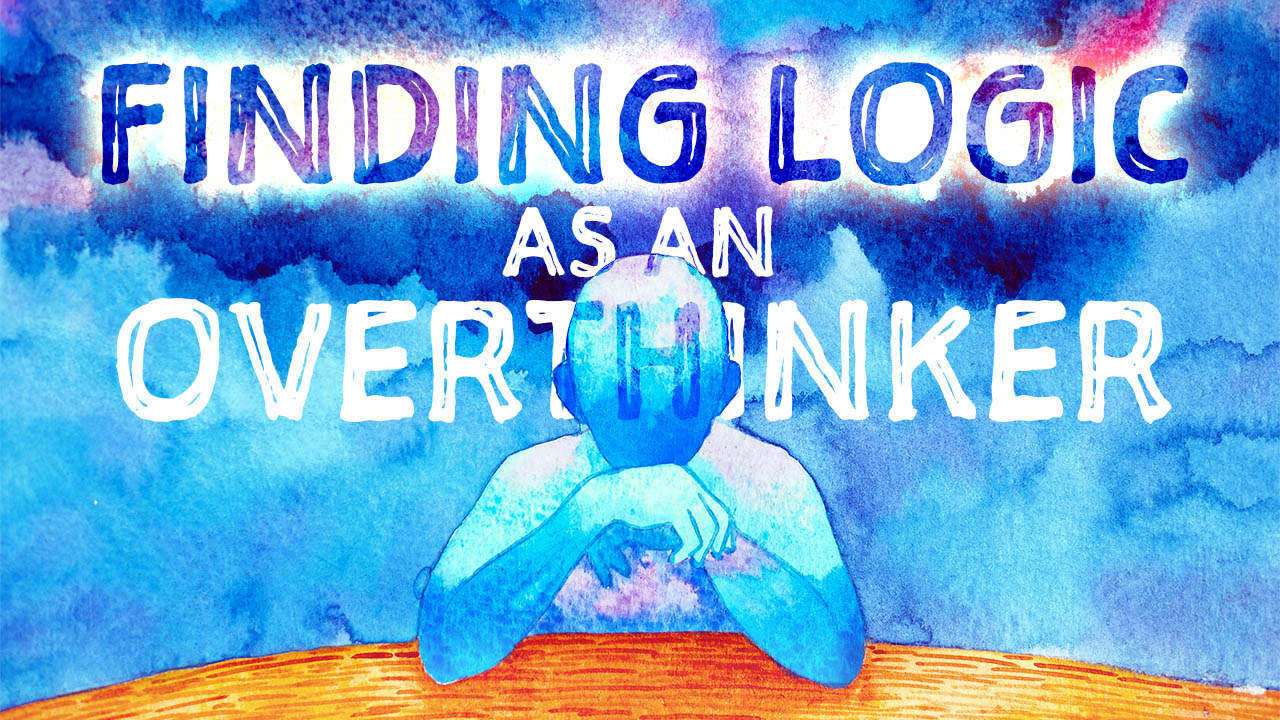Finding logic as an overthinker
 CREDIT: FSU PUBLICATIONS AND COMMUNICATIONS DEPARTMENT
CREDIT: FSU PUBLICATIONS AND COMMUNICATIONS DEPARTMENTHave you ever considered why we make things more complicated than they are in our brains? I am referring to every little thing in life that piles up and makes things much more complex than they need to be. In this article, I will discuss my personal experience and how I have learned to deal with it, which I hope will resonate with many others.
I usually overthink things, which is one way I make things more difficult for myself. Overthinking a situation can lead to oversimplifying and complicating it beyond what is necessary. I also overcomplicate stuff by attempting to accomplish too much. I get stressed and overwhelmed when I try to take on more than I can manage.
Is anyone feeling identified? If this seems all too familiar, I bet you have tried to improve it, but you always end up in the same situation daily. I have learned that we humans love to do things like this. For various reasons, I overestimate the difficulty of situations, and it can be challenging to overcome this habit.
Overthinking something helps me remember and prioritize things. However, the same overthinking can send me into a spiral of being overwhelmed and having self-doubt. It is difficult to break the habit because the signs are not always evident. Daily, I intentionally complicate my life with dozens of minor acts that go unnoticed because they are so small or ingrained in my life.
Naturally, this implies that my life is complicated, and I must cope, even when the truth is far different. Things are usually straightforward, but I choose to make them more difficult. The fact that I am doing something to feed that impulse is only sometimes evident. It is more difficult to detect the issue when it is at the center of everything, as with many things.
When I am experiencing a challenging and stressful period, my mind is preoccupied with solving problems rather than asking why they arise. I am sure that happens to many people. Whenever I find myself in a stressful circumstance, I do not take a moment to consider whether I had any part in it; I just decide to go on with it. But why do I torture myself like that?
It provides me with an out, which is the most obvious reason. It gives me a reason to cover up errors or poor performance and lets me overstate our accomplishments. I construct a false win-win scenario in which I receive credit for my achievements and feel justified in my mistakes. Although I know that is untrue, I still dedicate time and energy to creating and feeding those thoughts.
Most of the time, other people are unaware of the extra trouble I cause since I only make things more challenging within my frame of reference. They will not likely accept the explanation or think I am worthy of recognition because they view the issue in its original, simplistic form.
How often have I let a task sit in my email or on my list of things to do for weeks before tackling it in the last days before the due date? Trying to fit weeks of work into a few days drives me a bit crazy, but somehow, I managed to finish it all, and I feel like I worked my butt out to do it.
Even if I have, all I did was complete the assignment within the given time frame in the eyes of my supervisor, my teachers, or anybody else waiting for that assignment. Nothing noteworthy occurred there. However, they would have been quite disappointed if you had missed that deadline.
Over the years, I have tried to change my behaviour but have not succeeded. This year, I decided not to fight against it but to understand it. The secret to altering this behaviour has always been to increase my awareness of my choices, motivations, and actions.
I know it is easier said than done. To begin with, I will continue to examine my behaviour to determine if I am unconsciously adding unnecessary stress to my life. I may modify it as soon as I realize I am doing this. Making the change comes from attacking the root cause of the problem. Addressing the root cause of the issue can make a big difference. It would also make it easier to understand myself better. Understanding why I am doing things like I am can help me identify the logic of the actual situations.

















